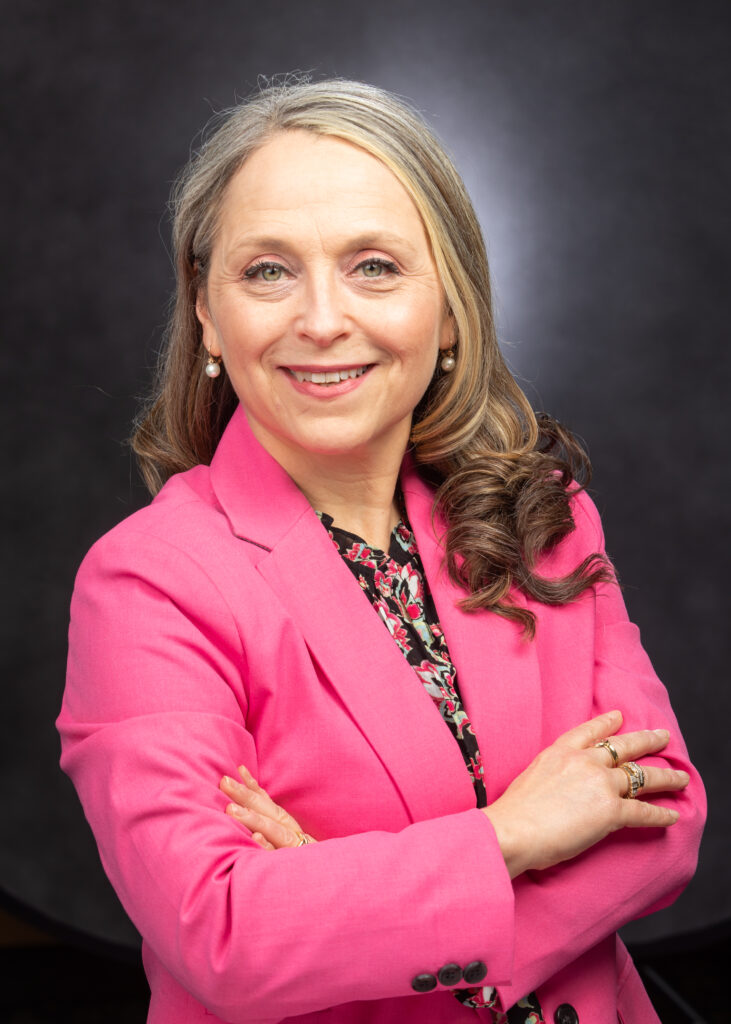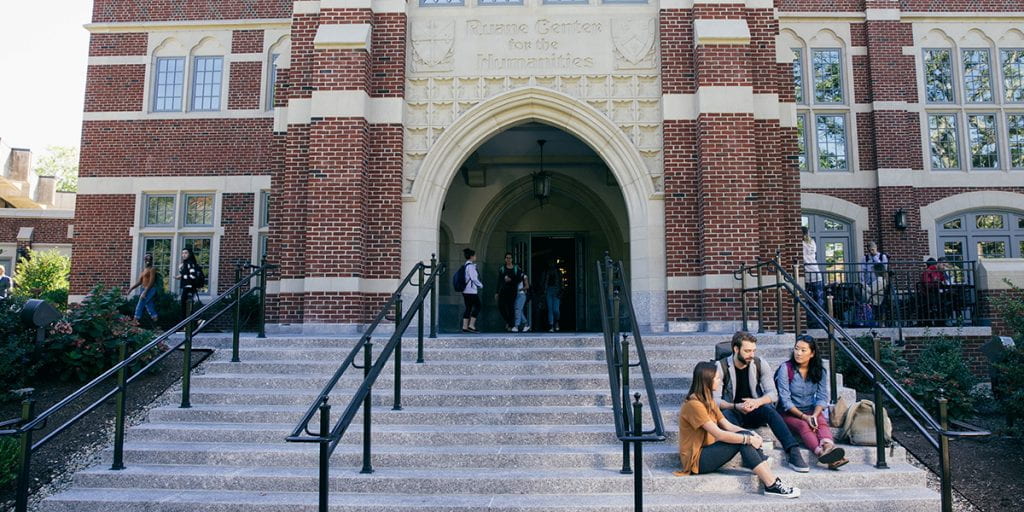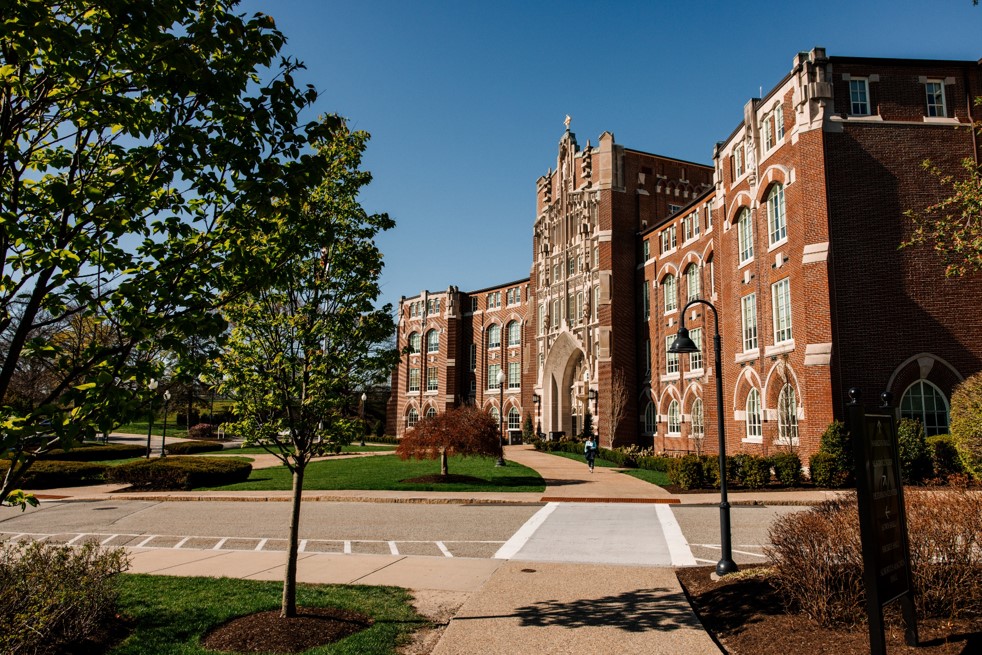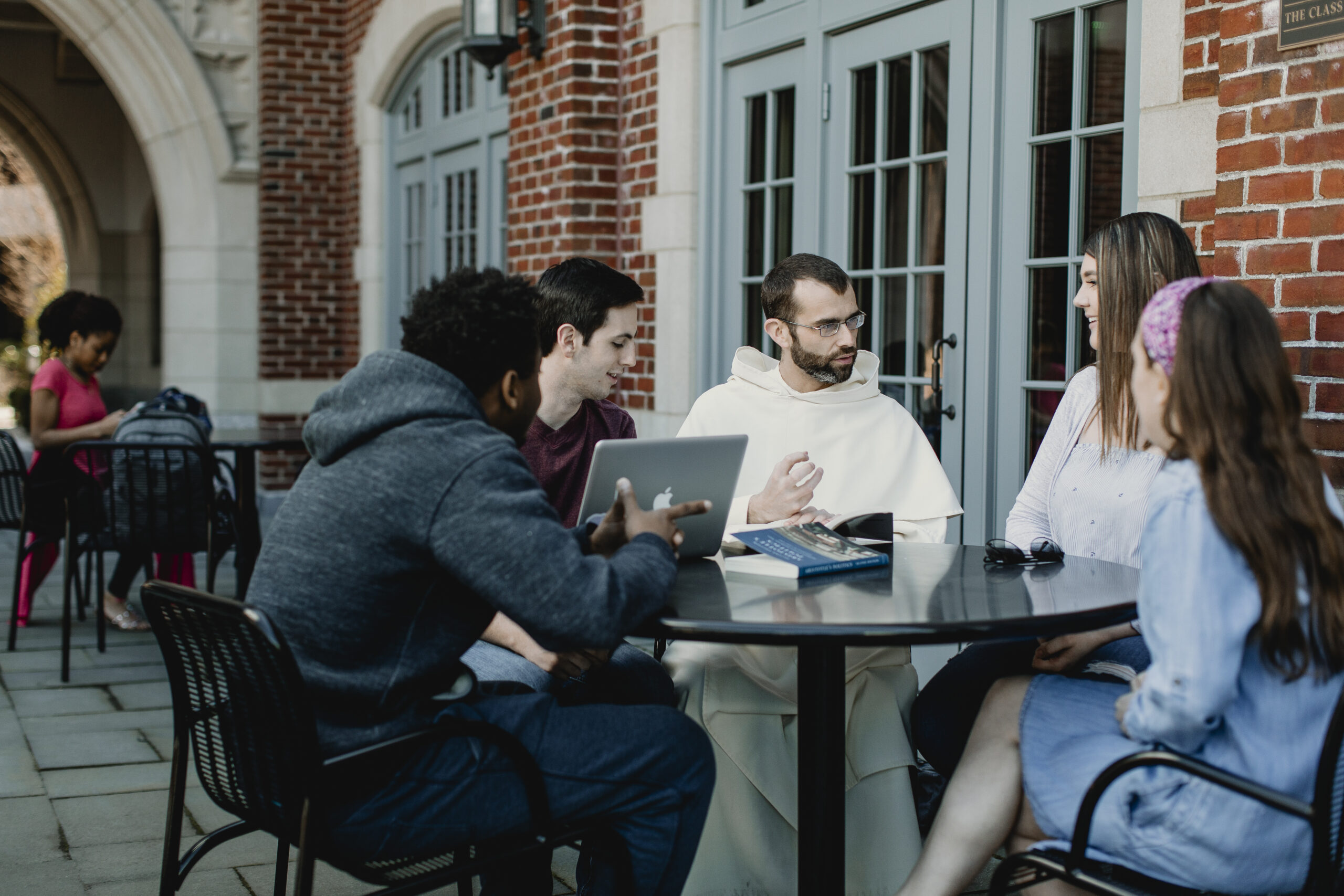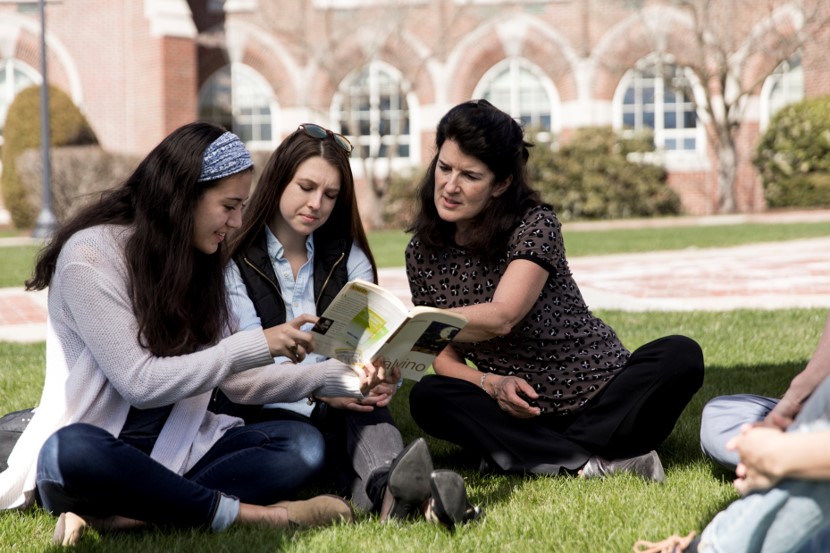We believe that students are at their intellectual best studying disciplines that reflect their genuine interests and curiosities.
We believe that most students can and will graduate on time in 4 years of study with their personal commitment to success and impactful advising.
We believe that building connections from undergraduate study to the larger world of work and advanced study is an essential component of advising.
slide-block_6f37df6c0bbbf265d601c6231e3727a9
How We Can Help – Students & Faculty Advisors
To change this label, please fill in the field “Tab Label” on the right.
We are available to work with both students and faculty advisors on any academic concern, including, but not limited to:
- Degree audit & transcript review (credits, core, major, minor and GPA)
- Individualized degree assessments
- Academic planning/course registration: fall, winter, spring, and summer
- Academic make-up plans – extra courses
- Understanding the Core Curriculum
- Understanding the Advising Gateway
- Cross Enrollment at RIC, URI, or CCRI/RI Language Consortium
- Post PC career planning and graduate school options
- Academic Policy and Deadlines
- Interruptions in study – absenteeism
- Guidance on CARE Referrals
- Accelerated Program of Study petition
- Petition to waive final full-time semester
- UG Exceptions to Academic Policy – student appeals
- Individualized Faculty Advisor Training Sessions
Advising Expectations
To change this label, please fill in the field “Tab Label” on the right.
Building trustworthy, reliable relationships with advisors is an important part of college life. Advising relationships emerge from many different settings, including the classroom, residential life, co-curricular activities, and athletics. The faculty advising relationship, which is collaborative in nature and more of a partnership, is especially valuable to academic student success. A faculty advisor serves as a liaison to campus resources, a consultant, and at times, a counselor. Faculty advisors promote thoughtfulness with respect to academic/career exploration and decision-making; they challenge and inspire advisees to rise to their highest potential; and they promote independent problem-solving and self-reflection.
3 Simple Things that Students Can Expect from a Faculty Advisor:
- Responsiveness
- Understanding
- Accuracy of Information
3 Simple Things that Faculty Advisors Expect from their Advisees:
- Curiosity and engagement
- Expression of interests and concerns
- Preparation and independent action
Understanding the Advising Gateway
To change this label, please fill in the field “Tab Label” on the right.
The Advising Gateway is a personalized springboard to academic resources. The Gateway allows you and your advisor to generate real-time degree audits, transcripts, view mid-semester grades, course schedules, and launch to key academic forms.
Degree Audit: This resource allows you to view your requirements against your current schedule, as well as the courses that you have already taken.
Degree Planner: An elective companion to the degree audit that allows the student to easily view Major Planning Templates from the degree audit dashboard. The Degree Audit will remain the primary tool for understanding your degree, core, major, and minor requirements. The Planner is just that – a means by which you can plan or map out course options over 4 years.
Academic Unofficial Transcript: This is a comprehensive record of the courses that you have taken, including the grades and credits that you have earned to date. The transcript identifies your degree, major, and minor as well as Dean’s List honors. Your cumulative GPA and class rank are also indicated on your academic transcript.
Understanding the Degree Audit and the Degree Planner:
Degree Snapshot
To change this label, please fill in the field “Tab Label” on the right.
Minimum of 120 Total Earned Credits (typically 15 credits each semester)
- All Major, Core, and, if applicable, Minor Curriculum Requirements must be satisfied
- CUM GPA must be at least 2.00 (HUM Majors CUM GPA: 2.75; EDU Majors CUM GPA: 2.5) & Major/Minor GPA must be at least 2.00
- 8 Semesters of Full-Time Study
Seniors
To change this label, please fill in the field “Tab Label” on the right.
We look forward to working with you as you embark on your final semesters of undergraduate study at Providence College. Normally, senior year is filled with excitement accompanied by a small measure of anxiety as you begin the process of transitioning away from the College and thinking about what comes next for you.
We monitor your academic progress to ensure that you are working towards successful and timely completion of your degree. Our expectation is that you understand your degree requirements and are regularly monitoring your own progress in the ADVISING GATEWAY on Cyberfriar.
Short Credits/Courses: If you are short credits (less than 90 earned credits after 6 semesters), start planning for extra fall and/or spring courses as well as winter session.
Majors/Minors Deadline: Changes to your program of study must be done by the end of the fall semester. This means if you are adding or dropping a major/minor, please do so by completing the Academic Program Adjustment form found on the Registrar’s site. Change Major Minor Process
Fall/Spring Registration: Generally, you are expected to be registered in 15 credits each of your final 2 semesters of study. Remember, at the end of the spring semester of senior year, you need at least 120 total earned credits for graduation, so if you need additional courses/credits, start planning now.
Graduate School/Career Planning: I urge you to begin the process of self-evaluation and reflection. As you transition from your undergraduate career, it will become important for you to understand the value of your educational background to the professional world. There are many resources on campus that can assist you with graduate school preparation and career planning. Please consult with me, your academic advisor, and/or the Career Education Center.
Post 8 Semester Advising: Any student who has not completed their degree requirements after 8 semesters of full-time study is required to consult Dean Godin to establish a degree completion plan.
First Semester Students
To change this label, please fill in the field “Tab Label” on the right.
SAS 178
Introduction to Providence College is a one-credit course with powerful benefits! SAS 178 promotes early student success and adjustment to college life. Students get to know the campus, the curricular offerings, crucial study habits, the professors, and extracurriculars. For one hour per week students survey the opportunities and encounter the people who will shape their future at PC and beyond. Undeclared students explore majors in a low-pressure way. Declared students learn more about academic options and connect with important resources beyond their home department.
In the words of past students: College is a lot – this course is a helpful playbook for it. | I definitely would not have known as much as I do about what the school (college) offers without this course. | It helped me become a more confident writer. | My favorite part was meeting the people in the class because it helped me make friends.
